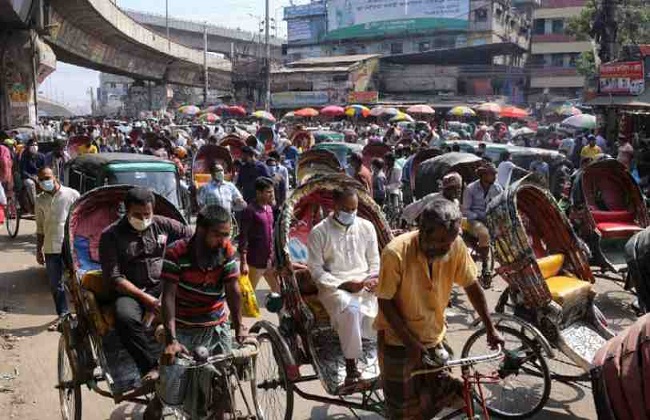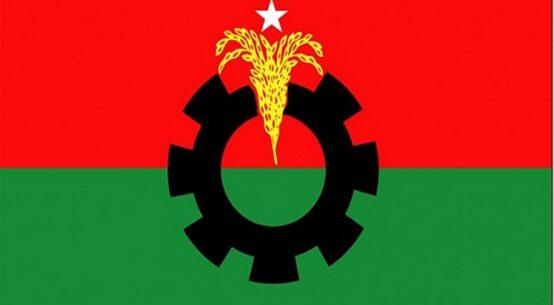
The nationwide transport strike rolled into the 3rd day on Sunday, intensifying the sufferings of commuters and inter-district passengers.
Transporters went on an indefinite strike from Friday morning in protest against the recent fuel price hike in Bangladesh.
The common people who depend on public transport for commuting and long-haul journeys are the worst sufferers.
People, especially the office-goers, have been suffering a lot as they have to wait for a long time on roads to catch a vehicle to reach their destinations.
Small vehicles like private vehicles, ride-sharing motorbikes and rickshaws are ruling the roads in Dhaka city, creating traffic congestions at different points.
Rickshaws and auto-rickshaws are charging extra fares taking t eh advantage of the situation.
Besides, the suspension of launch service by owners on Saturday morning added to the woes of passengers.
The launch owners suspended their services on Saturday, demanding that the fares be doubled.
On Saturday, a section of leaders of transport workers and owners met Home Minister Asaduzzaman Khan Kamal but the meeting concluded inconclusively.
“We’ve decided to continue the strike until the decision of the fuel price hike is withdrawn or transport fare is readjusted,” said additional secretary general of Bangladesh Covered Van, Truck Owners Association Abdul Motaleb while talking to reporters emerging from a meeting with the home minister at the latter’s residence.
On November 4, Convenor of Bangladesh Truck-Covered Van, Tank Lorry and Prime Movers Owners and Workers Coordination Council Md Rustom Ali announced their decision to go on an indefinite strike, following an emergency meeting.
On November 3, the government raised the prices of diesel and kerosene to Tk 80 from Tk 65 at the retail level.


